
Commentarii de Bello Gallico, also Bellum Gallicum, is Julius Caesar's firsthand account of the Gallic Wars, written as a third-person narrative. In it, Caesar describes the battles and intrigues that took place in the nine years he spent fighting the Celtic and Germanic peoples in Gaul that opposed Roman conquest.
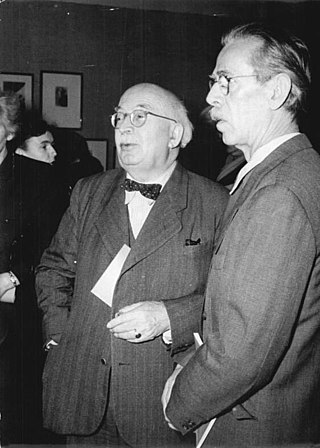
Arnold Zweig was a German Jewish writer, pacifist and socialist.

Paul Elmer More was an American journalist, critic, essayist and Christian apologist.
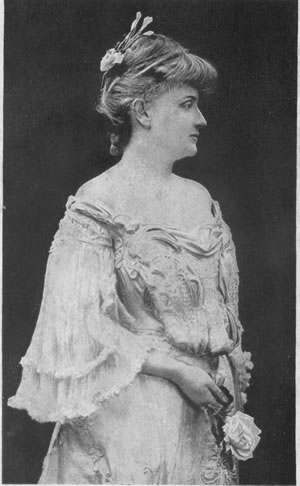
Gertrude Franklin Horn Atherton was an American writer. Many of her novels are set in her home state of California. Her bestselling novel Black Oxen (1923) was made into a silent movie of the same name. In addition to novels, she wrote short stories, essays, and articles for magazines and newspapers on such issues as feminism, politics, and war.
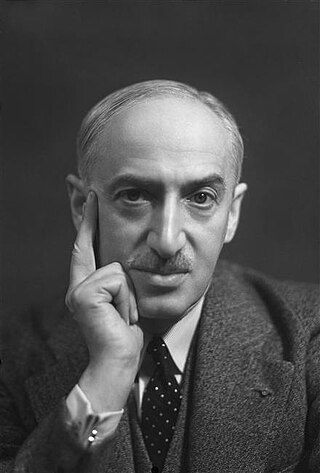
André Maurois was a French author.

Paul Morand was a French author whose short stories and novellas were lauded for their style, wit and descriptive power. His most productive literary period was the interwar period of the 1920s and 1930s. He was much admired by the upper echelons of society and the artistic avant-garde who made him a cult favorite. He has been categorized as an early Modernist and Imagist.
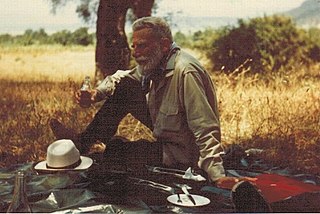
Theodore Philip Stephanides was a Greek-British doctor and polymath, best remembered as the friend and mentor of Gerald Durrell. He was also known as a naturalist, biologist, astronomer, poet, writer and translator.

Marie Louis Emmanuel Bernard Faÿ was a French historian of Franco-American relations, an anti-Masonic polemicist who believed in a worldwide Jewish-Freemason conspiracy. During World War II he was an official for Vichy France.
Victor Llona Gastañeta was a writer and translator, born in Lima (Peru) in 1886, who died in San Francisco in 1953.
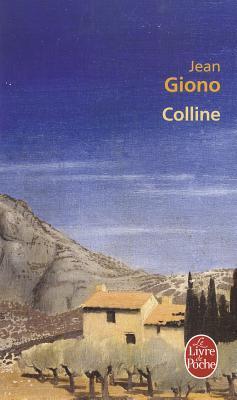
Colline is a 1929 novel by the French writer Jean Giono. It has also been published as Hill of Destiny. It tells the story of a small hamlet in Provence where the superstitious residents struggle against nature, as their settlement is struck by several misfortunes. Colline was Giono's debut novel. It is the first installment in the author's Pan trilogy; it was followed by the standalone novels Lovers are Never Losers and Second Harvest.
Alfred Ernest Crawley was an English schoolmaster, sexologist, anthropologist, sports journalist and exponent of ball games.
Margaret Schlauch was a scholar of medieval studies at New York University and later, after she left the United States for political reasons in 1951, at the University of Warsaw, where she headed the departments of English and General Linguistics. Her work covered many topics but included focuses on Chaucer, Anglo-Saxon, and Old Norse literature.
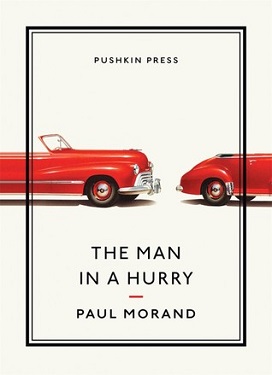
The Man in a Hurry is a 1941 novel by the French writer Paul Morand. It tells the story of a busy Paris antiques dealer who does not seem to be able to relax and settle down, not even when he finally becomes enamoured, gets married and has a child. According to Morand, the main character is largely autobiographical. An English translation by Euan Cameron was published by Pushkin Press in 2015.

Tender Shoots is a 1921 short story collection by the French writer Paul Morand. It has also been published in English as Green Shoots and Fancy Goods. It consists of three stories about independent young women. The stories are mainly set in London, where Morand had worked as a diplomat for the Embassy of France. Morand wrote the stories right before and during the first few months of World War I. The preface was written by Marcel Proust.

New York is a 1930 French language travel book by the French writer Paul Morand. Morand visited New York four times between 1925 and 1929 and shares his experiences from those trips, with a non-native reader in mind. An English translation by Hamish Miles was published in 1930.

Black Magic is a 1928 book by the French writer Paul Morand. It focuses on Morand's travels in Sub-Saharan Africa and his encounters with African cultures, which he admires. The book was published in English in 1929, translated by Hamish Miles and with illustrations by Aaron Douglas.
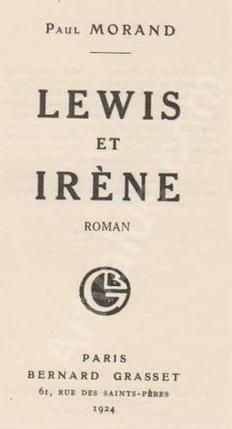
Lewis and Irene is a 1924 novel by the French writer Paul Morand. It tells the story of the romance between a French financial speculator and a young Greek widow from a family of bankers. The book was published in English in 1925.
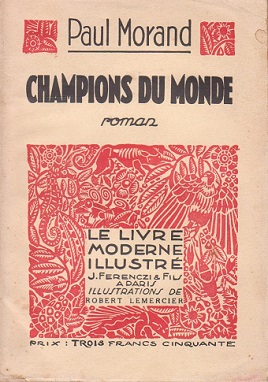
World Champions is a 1930 novel by the French writer Paul Morand. It is set in the United States and follows four men who graduate from Columbia University in 1909, and decide to each become the world champion in his respective discipline. The book was published in English in 1931, translated by Hamish Miles.
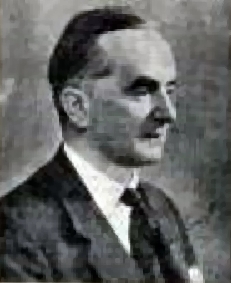
Charles Kingston O'Mahony, who wrote as Charles Kingston, was an Irish journalist and author in England during the Golden Age of Detective Fiction of the 1920s and 30s. Many of his novels were set in London, including a seven-book series featuring the fictional detective Chief Inspector Wake of Scotland Yard. His work has been described as more competent than cutting-edge, but showing a clear familiarity with the criminal underworld in London.

The Letters of Sacco and Vanzetti is a 1928 collection of letters written by Nicola Sacco and Bartolomeo Vanzetti.

















